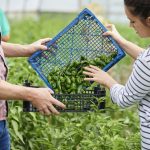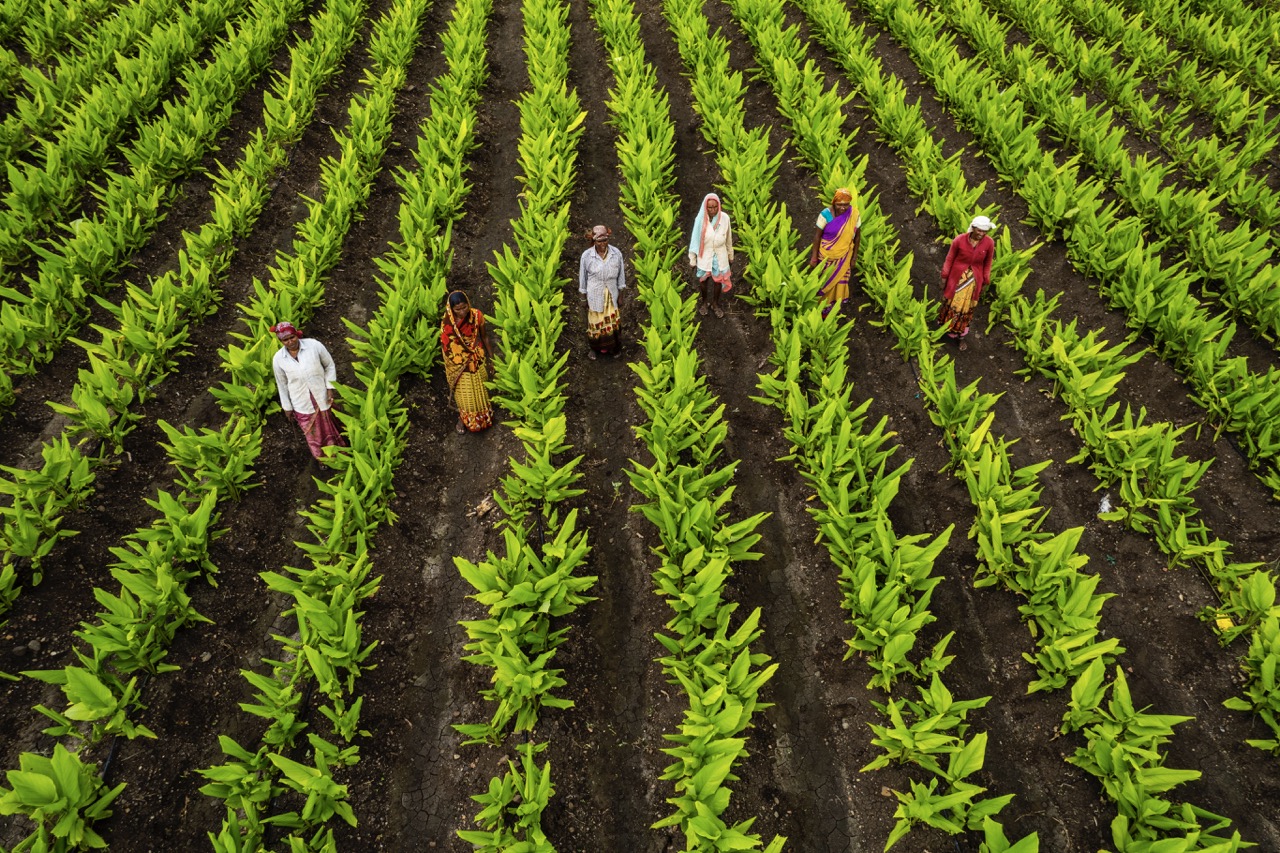In an era marked by growing concerns about climate change and food security, the agricultural sector faces unprecedented challenges and opportunities. As farmers increasingly recognize the need for sustainable practices, the concept of sustainability has evolved into a driving force for profitability. Building a more sustainable and profitable farm business not only benefits the environment but also enhances the resilience and financial viability of agricultural operations. This article explores essential elements for achieving sustainability and profitability in modern farming.
Understanding Sustainability: The Key to Farm Profitability
Sustainability in farming goes beyond merely adopting green practices; it encompasses a holistic approach to managing resources, ensuring economic viability, and fostering social responsibility. By integrating sustainable practices, farmers can reduce input costs, enhance soil health, and increase crop yields, ultimately leading to improved profit margins. Understanding the interconnectedness of environmental stewardship and economic success is crucial for modern farmers looking to thrive in an evolving marketplace.
Incorporating sustainable practices also aligns with growing consumer demand for ethically produced food. Today’s consumers are more informed and tend to support brands that demonstrate a commitment to environmental and social responsibility. By embracing sustainability, farmers can differentiate their products in a crowded market, attract loyal customers, and build brand equity. This alignment with consumer preferences not only boosts sales but also enables farmers to command premium prices for their sustainably produced goods.
Furthermore, sustainable farming practices often lead to increased resilience against market fluctuations and climate-related challenges. By implementing crop rotation, cover cropping, and organic farming techniques, farmers can mitigate risks associated with pests, diseases, and adverse weather conditions. This resilience translates into a more stable income stream, allowing farmers to weather economic downturns and invest in future growth.
Implementing Eco-Friendly Practices on Your Farm
Transitioning to eco-friendly practices is a critical step for farmers seeking to enhance sustainability. This can include adopting organic farming methods, reducing chemical inputs, and implementing conservation tillage to improve soil health. By prioritizing practices that nurture the land, farmers can create a more productive ecosystem that yields higher-quality crops. Such measures not only benefit the environment but also reduce long-term operational costs associated with fertilizers and pesticides.
Water management is another vital aspect of eco-friendly farming. Implementing techniques such as drip irrigation, rainwater harvesting, and soil moisture monitoring can significantly reduce water usage while maintaining crop health. These methods can lead to considerable savings on water costs, making farms more economically viable in areas facing water scarcity. Moreover, sustainable water management practices can enhance resilience against drought, ensuring consistent yields in the face of climate variability.
Lastly, engaging in agroforestry and permaculture practices can further enhance farm sustainability. These systems promote biodiversity by integrating trees, shrubs, and crops, creating a balanced ecosystem that supports wildlife and enhances soil fertility. This holistic approach can result in improved crop yields and additional income streams, such as timber or fruit production, while also contributing to the farm’s overall sustainability.
Harnessing Technology for Sustainable Agricultural Solutions
In today’s digital age, technology plays a pivotal role in advancing sustainable farming practices. Precision agriculture, powered by data analytics and advanced sensors, enables farmers to optimize resource use, monitor crop health, and enhance decision-making. By utilizing GPS technology and drones, farmers can identify areas requiring attention, apply fertilizers and pesticides more efficiently, and minimize waste. This data-driven approach not only conserves inputs but also maximizes yields, contributing to both profitability and sustainability.
Moreover, innovative technologies such as vertical farming and hydroponics offer opportunities for sustainable crop production in urban and space-constrained environments. These methods require significantly less land and water, addressing both food security and environmental concerns. As consumer interest in locally grown produce continues to rise, these technologies allow farmers to meet market demand while minimizing their ecological footprint.
Finally, integrating blockchain technology can enhance transparency and traceability in the supply chain, fostering trust between farmers and consumers. By documenting sustainable practices and providing consumers with proof of their commitment to ethical farming, farmers can build brand loyalty and potentially access new markets. In a world where consumers increasingly prioritize sustainability, leveraging technology to showcase these practices can lead to enhanced profitability.
Financial Strategies for a Resilient Farm Business Model
A resilient farm business model is underpinned by sound financial strategies that account for both immediate needs and long-term goals. Diversifying income streams is a crucial strategy that can help farmers mitigate risk and enhance financial stability. By exploring opportunities such as agritourism, value-added products, and local markets, farmers can create multiple revenue channels that buffer against market fluctuations and seasonal variability.
Additionally, accessing financial support through grants and subsidies aimed at promoting sustainable agriculture can significantly ease the transition to eco-friendly practices. Many governments and organizations offer funding for farmers who adopt sustainable methods, invest in renewable energy, or engage in conservation practices. By leveraging these resources, farmers can reduce the financial burden associated with implementing new technologies and practices, allowing them to focus on growth and sustainability.
Finally, maintaining a comprehensive financial plan that incorporates risk management strategies is essential for farm resilience. This can include utilizing crop insurance, hedging against price volatility, and establishing an emergency fund for unforeseen circumstances. A proactive approach to financial planning not only prepares farmers for challenges but also positions them to seize opportunities for growth and innovation in an ever-changing agricultural landscape.
Building a more sustainable and profitable farm business is not just an ideal; it is a necessary transformation for the future of agriculture. By understanding the principles of sustainability, implementing eco-friendly practices, harnessing technology, and employing sound financial strategies, farmers can create a resilient operation that not only thrives economically but also contributes positively to the environment and society. Embracing this holistic approach is vital for ensuring the longevity and success of farm businesses in a rapidly changing world.








